2023 Pre-Conference Workshops
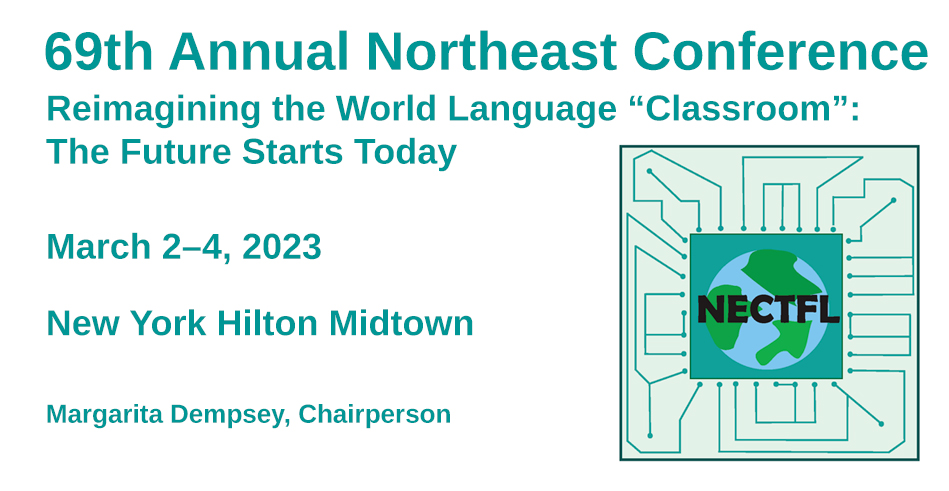
FULL-DAY pre-conference workshops
Thursday, March 2, 2023 | 8:30AM – 3:30 PM
-
Museo del Barrio: Connecting Culture, Community, and Classroom (SOLD OUT!)
Presenters: Molly Monet-Viera, Maria Datel
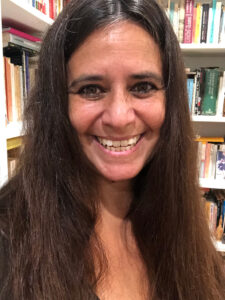
Presenter Maria Datel
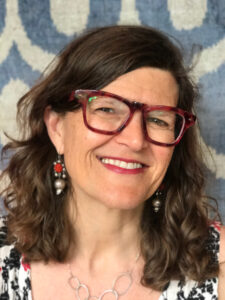
Presenter: Molly Monet-Viera
This workshop takes teachers to the Museo del Barrio to explore how to use local Latinx cultural resources to connect language learning to local communities. We will exploit the museum as an intersection of art, heritage, and narration as it tells the history of the Puerto Rican peoples from colonization to the contemporary immigrant experience in NYC. We will spend the morning examining the mission of the museum and discussing how to plan classroom activities and curricular thematic units around one or more works from the museum and how to connect our students to both local and global target-language community resources. In the afternoon, we will visit the museum and take a tour of the artwork. Each person will choose a particular piece and start to plan a class activity.
-
Reimagining Your Program, Collaboration and Your Classroom (SOLD OUT!)
Presenters: Nicole Sherf, Tim Eagan
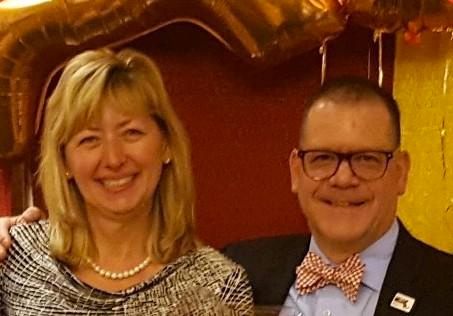
Presenters: Nicole Sherf, Tim Eagan
Our ACTFL Proficiency Guidelines have been around since the 80s and are now being used to transform teaching and programming. This is happening through a collaborative process of adopting the Core Practices, engaging students in their language learning journey, using new external tests to document targets and rewarding students for attaining functional ability. This interactive workshop provides an overview the components of and resources for the mindset shift that is energizing our profession. Come as a department, with a department member or on your own. Bring a device.
-
Input & Interaction in Proficiency-Based Instruction (SOLD OUT!)
Presenters: Catherine Ritz, Christina Toro

Presenters: Catherine Ritz, Christina Toro
The authors of ACTFL’s newest publication, “Proficiency-Based Instruction: Input & Interaction in World Language Education,” break down the essentials of proficiency-based instruction, with a focus on providing comprehensible language input and facilitating authentic learner interactions in the target language. We start by focusing on comprehensible input strategies and using authentic resources. Then, we explore how to engage learners in target language use through communicative interpersonal interactions that are scaffolded and carefully designed. Using numerous classroom examples, and with time for hands-on practice and application, you walk away from this workshop ready to teach for proficiency in the immersive and interactive classroom of the future.
MORNING pre-conference workshops
Thursday March 2, 2023 | 8:30-11:30 AM
-
I Taught The Grammar, Now What? (SOLD OUT!)
Presenter: Mike Travers

Presenter: Mike Travers
As teachers become more familiar with PACE lessons and other methods of allowing students to discover new grammar, we are sometimes left with wondering what comes next. How do we reinforce this newly taught grammar in a way that stays true to ACTFL’s Core Practice of teaching grammar as a concept in context? We examine this core practice with the specific goal of extending grammar instruction into our units beyond the initial discovery, and look at specific communicative strategies that teachers can use within their existing thematic units to help students acquire the new structures.
-
Planning Backward, Growing Forward
Presenter: Leslie Grahn (SOLD OUT!)
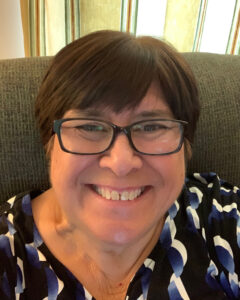
Presenter: Leslie Grahn
Participants explore ways to use Stage 3 of backward design to plan communicative tasks for language learners with a focus on growth in proficiency and practice a backmapping process by which they design learning experiences for their students to maximize student growth. There are multiple opportunities for participants to connect and apply the strategies presented in the workshop to their work. A variety of examples and thinking frames are provided.
-
Beyond words: Using the World Readiness Standards to Address Bias
Presenters: Rhashida Hilliard, April Broussard (SOLD OUT!)
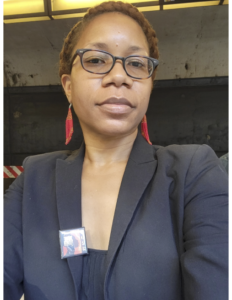
Presenter: April Brossard
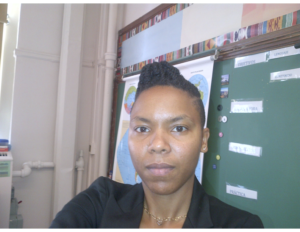
Presenter: Rhashida Hilliard
The process of putting ideas, objects and people into categories helps people to make sense of the world. Though categorization can be helpful when sorting out details, it can also have deleterious effects when it involves applying a stereotype to whole groups. Furthermore, Nigerian writer Chimamanda N. Adichie stated that the problem with stereotypes is not that they are wrong, but they are incomplete. Thus, what role do World Languages play in helping to communicate a more complete picture of cultures and communities while making accurate connections and comparisons? This presentation seeks to explore ways language educators can employ the World Readiness Standards to help learners address bias and better communicate with cultural competence while becoming globally competent individuals.
-
Developing Classroom Tasks Aligned to the ACTFL Guidelines and AAPPL
Presenter: Margaret Malone (SOLD OUT!)
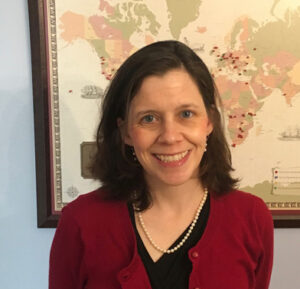
Presenter: Margaret Malone
Teachers learn how to develop and rate classroom-based tasks aligned to the ACTFL proficiency Guidelines with a focus on Interpersonal Listening & Speaking and Presentational Writing, and develop task descriptions for classroom activities and assessments aligned to three major ACTFL proficiency levels (Novice, Intermediate and Advanced). Participants become familiar with the essential functions of each level and develop at least one task on an AAPPL topic or a topic relevant to their classroom. They also develop a checklist or rubric to rate the task. All task descriptors are replicable for additional topics. Finally, we use the descriptions and rubrics to draft communications to students, parents, and administrators about the results.
AFTERNOON pre-conference workshops
Thursday, March 2, 2023 | 12:30-3:30 PM
-
Let’s Give them Something to Talk About: Spontaneous Interpersonal Speaking
Presenter: Katrina Griffin (SOLD OUT!)
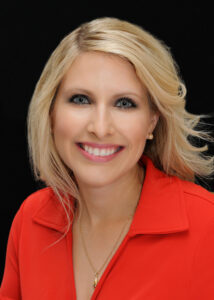
Presenter: Katrina Griffin
It can be a struggle to get students to speak with each other interpersonally in any language. See how to engage and support learners in speaking the target language, making every class a conversation class! Experience how students can learn the essential life skill of interpersonal speaking when they use language to problem-solve, collaborate, and think critically about a variety of issues. Try out strategies you can use in your own classroom to have students talk spontaneously about everything from daily life to social justice issues. All strategies are low prep yet require students to show what they are thinking and learning, making it easier for you to give feedback. Reimagine your classroom and reduce your workload when you give your students something to talk about!
-
Taking Action: Connecting Intercultural Competence and Social Justice
Presenters: Maureen Lamb, Samantha Radovich (SOLD OUT!)
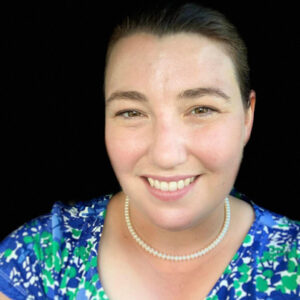
Presenter: Maureen Lamb
Explore strategies and ideas that relate to the Social Justice Standards: The Learning for Justice Anti-Bias Framework and the ACTFL Intercultural Can-Do Statements to foster student agency. Participants use these resources to reflect on their practice, make connections, and integrate these standards into classroom lessons and activities that validate students’ experiences and motivate learning. Experienced presenters share characteristics of the standards and examples and participants examine case studies and engage in collaborative discussions throughout the workshop and then create actionable plans for their instruction that fosters student agency based on these two sets of standards.
-
Solid Structure Forges Flexibility
Presenter: Beckie Bray Rankin (SOLD OUT!)

Presenter: Beckie Bray Rankin
It’s no surprise that students come to us each Fall with varying degrees of mastery of standards and skills. How do we structure our year, units, and lessons to support all learners and nudge them towards taking more risks with language? When students can push themselves in their own ways, their creativity blooms and their confidence grows. Therefore, we look at how we organize curriculum to empower students by building their mastery from the ground up with opportunities for support and leveling up. Participants investigate the importance of differentiation, work with a year framework, unit end caps, and specific differentiated activities, and collaborate to incorporate these concepts into their own context.
-
Time to Rethink Instructional Approaches to Create Equitable Classrooms
Presenters: Lucy Lee, Yu-Lan Lin, Jia Baocai, Carol Chen-Lin (SOLD OUT!)
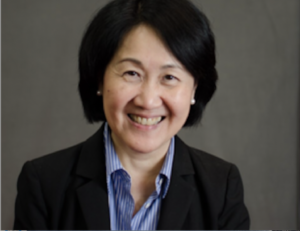
Presenter: Carol Chen-Lin

Presenter: Jia Baocai
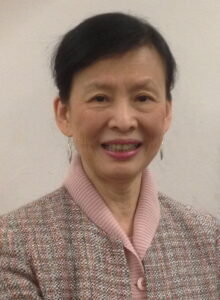
Presenter: Yu-Lan Lin

Presenter: Lucy Lee
Presenters demonstrate how to rethink and revise the essentials of instruction to welcome and support the diverse academic, social, emotional, and communicative needs of all students. Presenters demonstrate how to incorporate the World-Readiness Standards into everyday Chinese classes to create future deep, critical thinkers while focusing on language proficiency and communicative competence and invite participants to reorganize their social and emotional learning, so it is integrative to instruction, not additive. They discuss what constitutes an inclusive Chinese class and how to use a culturally responsive teaching approach to guide students to engage in learning activities that are personally and culturally relevant.
-
Mindfulness & Movement for World Language Classrooms
Presenter: Jennifer Schwester (SOLD OUT!)

Presenter: Jennifer Schwester
Mindfulness and yoga are positive tools that educators can use personally and share with students to help deal with stress, become aware of emotions, build connections, and help with self-regulation. By helping students acknowledge and have tools to deal with their emotions, teachers are providing them with a safe space to lower their affective-filter and be more receptive to learning and participation. This is an “active” workshop for practicing mindfulness skills, techniques, and yoga movement. The workshop is taught in English, with links and examples provided in target languages. Please dress comfortably and bring a yoga mat or towel (chairs will also be used for activities).
